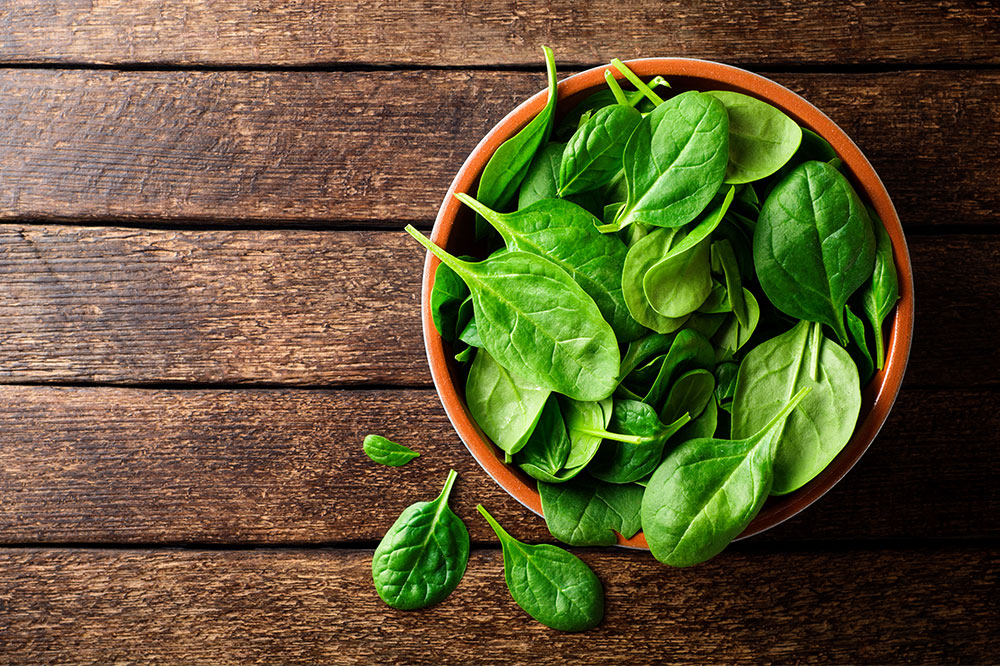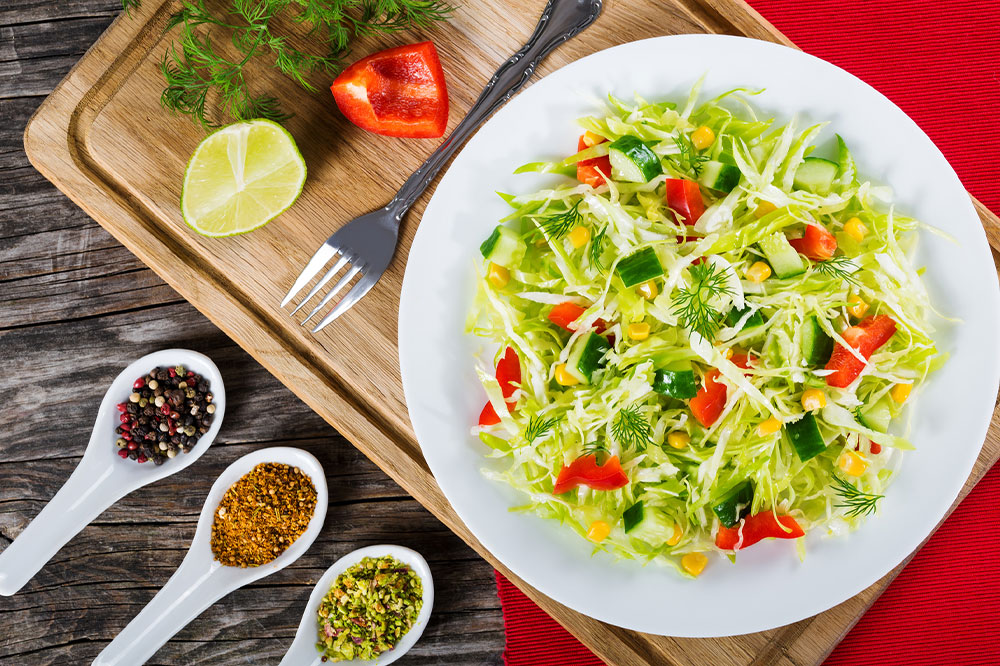Top 4 Nutritional Remedies for Migraines
Discover four key foods that can help manage and prevent migraines. Incorporate magnesium-rich foods, ginger, fatty fish, and riboflavin sources into your diet to alleviate symptoms and reduce attack frequency. Stay hydrated and avoid triggers for better migraine control.
Sponsored

Migraines can vary greatly in intensity and duration from person to person. While some individuals experience quick relief within hours, others may suffer for days. Managing pain and nausea can be overwhelming. Your diet can influence the severity of your symptoms—making mindful food choices essential. Here are four foods that may help lessen migraine symptoms and prevent attacks:
Foods Rich in Magnesium
Research indicates magnesium is crucial in preventing and alleviating migraines. Many migraine sufferers have lower magnesium levels. Boosting intake through foods like brown rice, leafy greens, nuts, seeds, dried apricots, and avocados can decrease attack frequency and ease pain during episodes.
Ginger has long been used for headache relief. Its anti-inflammatory qualities can help reduce migraine severity. You might add ginger powder to water or brew ginger tea with honey for symptom relief. Be cautious not to consume excessive amounts to avoid side effects like stomach upset.
Fatty fish such as salmon and mackerel are high in Omega-3 fatty acids like EPA and DHA, which have anti-inflammatory and therapeutic effects. Regular consumption can lower attack frequency and duration. Supplements are also popular but including fatty fish in your diet is beneficial.
Riboflavin, or Vitamin B2, has been proven to reduce headache severity and length. Eating riboflavin-rich foods such as low-fat dairy, lean meats, fortified cereals, and green vegetables can support migraine management. Consider adding these to your meals for symptom relief.
Maintaining a diet with these foods, staying well-hydrated, and avoiding known triggers can significantly improve your quality of life and reduce migraine episodes.






